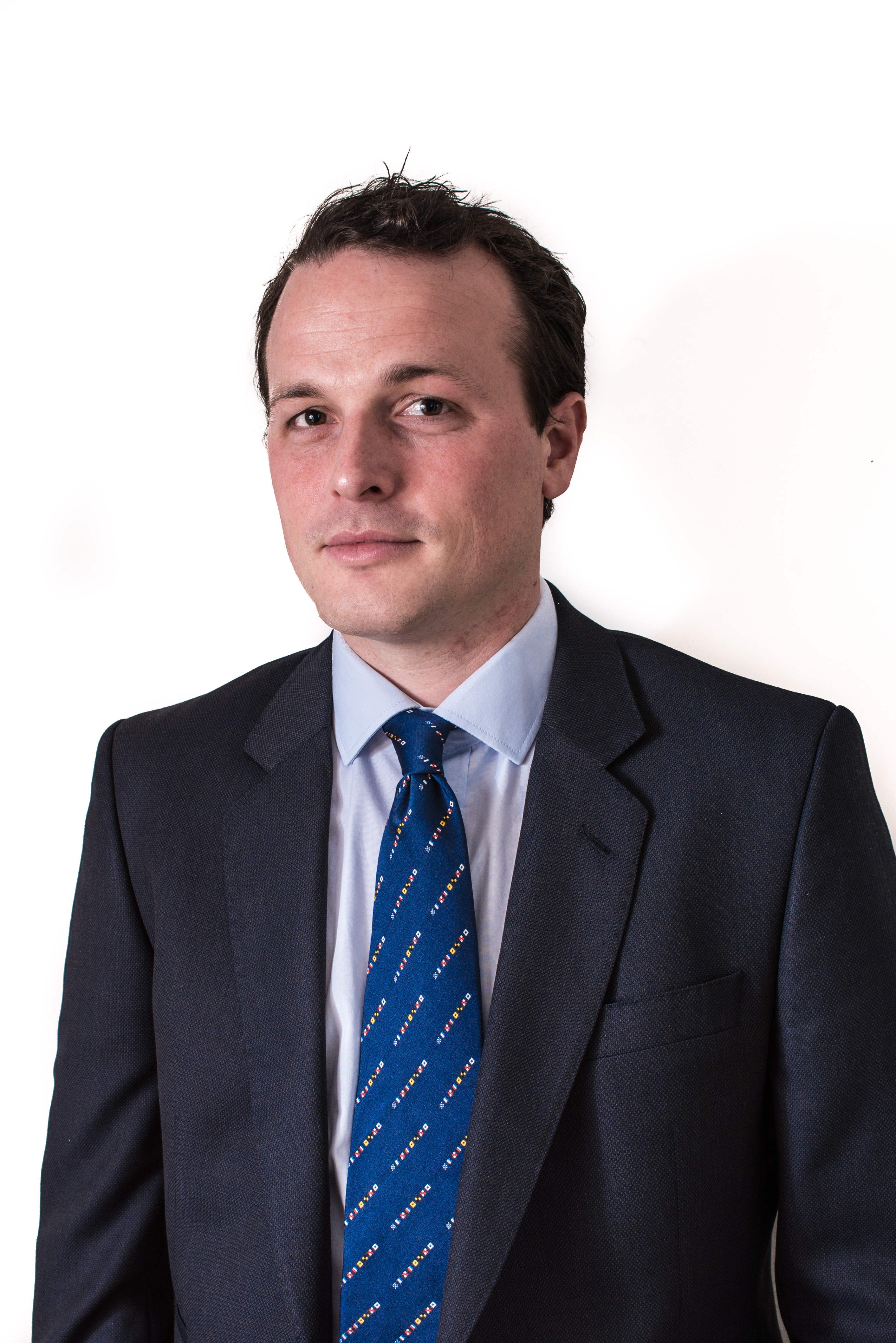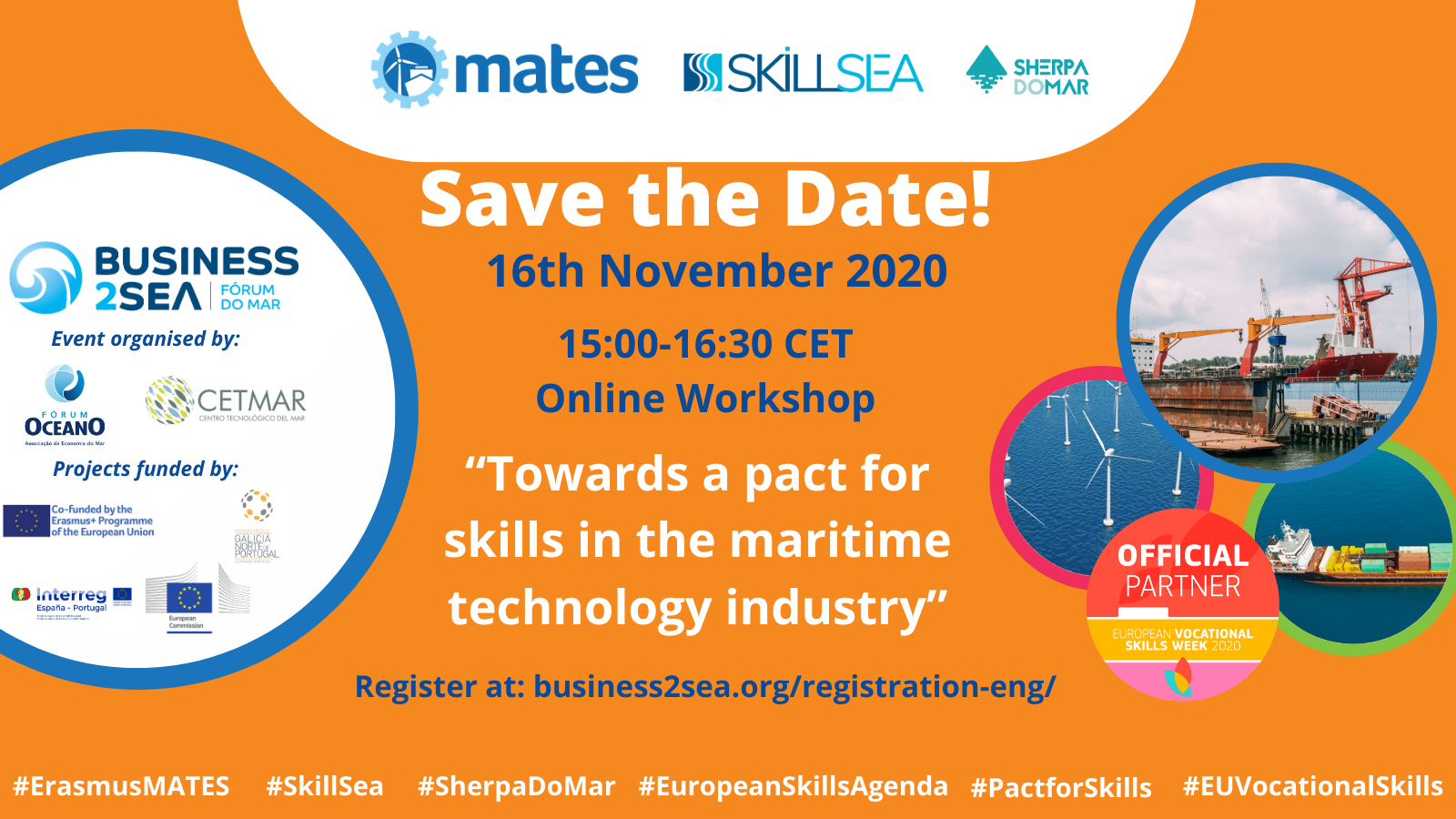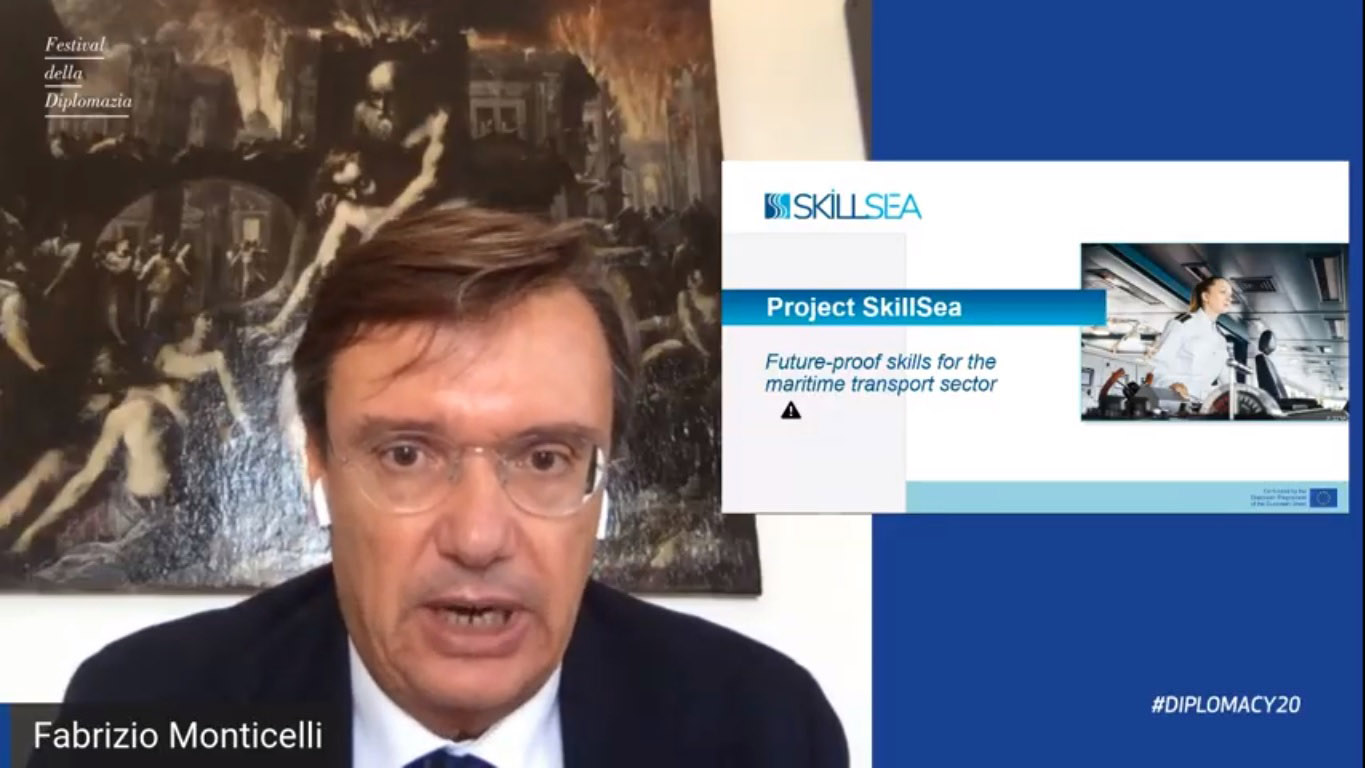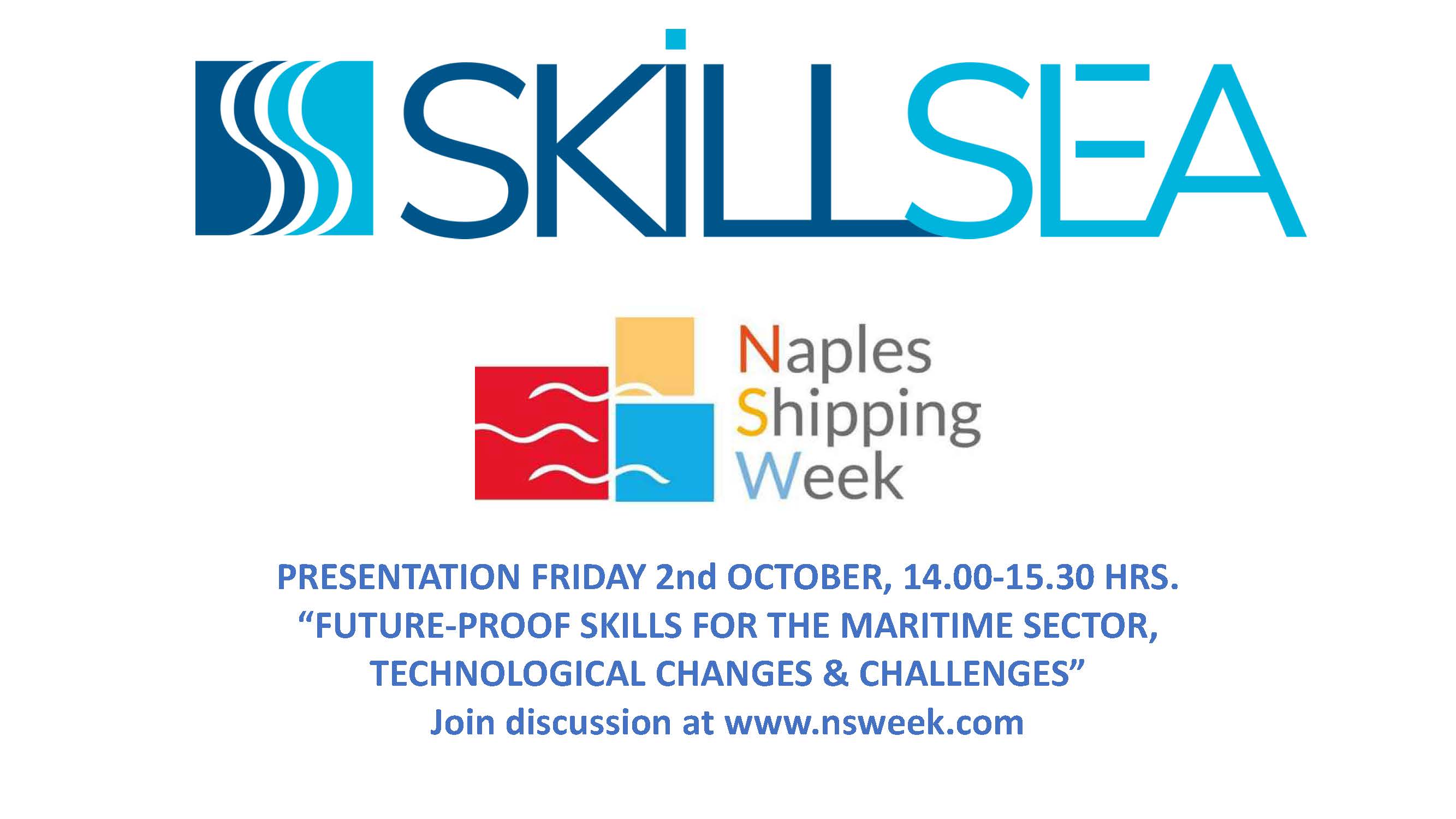
Representing the European Transport Workers’ Federation David Appleton is keeping a close eye on education and training of seafarers. Working for Nautilus UK David was during the past months mainly occupied by the impact of Covid-19 on the maritime industry.
Covid-19 and all kind of restrictions have an impact on everybody & verything. What’s the impact on maritime education & training?
David: ‘’As you say, the Covid-19 restrictions have had a huge impact on everybody but seafarers have been hit particularly hard. Cadets who have been caught up in the crew change crisis have also suffered significant disruption to their training programs. Many cadets who have neared the completion of their training are finding that exams have been canceled or significantly delayed leaning that they are unable to qualify and find employment. This is before we even consider the huge number of job losses that are being experienced.
Colleges have put huge efforts into moving their teaching online and one positive of the crisis is that as we have been forced to move online. We have seen that a lot more can be effectively carried out remotely than we might have imagined previously. However, it is important to note the difference between an education program that was designed as an online only program and a physically delivered program that has been hastily adapted for remote delivery. We should also recognise that some students will be better suited to remote learning than others.’’
Does this impact affects seamanship in general and safety at sea and on board ships in particular?
‘’The crew change crisis is certainly a safety issue. Increased fatigue and associated accidents are inevitable when seafarers have been forced to remain on board for months beyond the expiry of their contracts. In terms of the effects on training and education, I do not see this as a safety issue at present as cadets
will still be assessed to the same standards.’’
You have organized an online forum on this topic. How many people participated and what was the outcome?
‘’The difficulties experienced in arranging sea-time for cadets during the pandemic has led to a renewed interest in the possibilities for simulator
training. We recently held a forum attended by around 30 of our members to discuss the topic. Participants were enthusiastic about the possibilities that simulator training offers particularly the ability to subject candidates to
scenarios and situations that would either be unsafe or impractical in real life.
However, there was agreement that practical sea experience is absolutely vital and should be retained.’’




